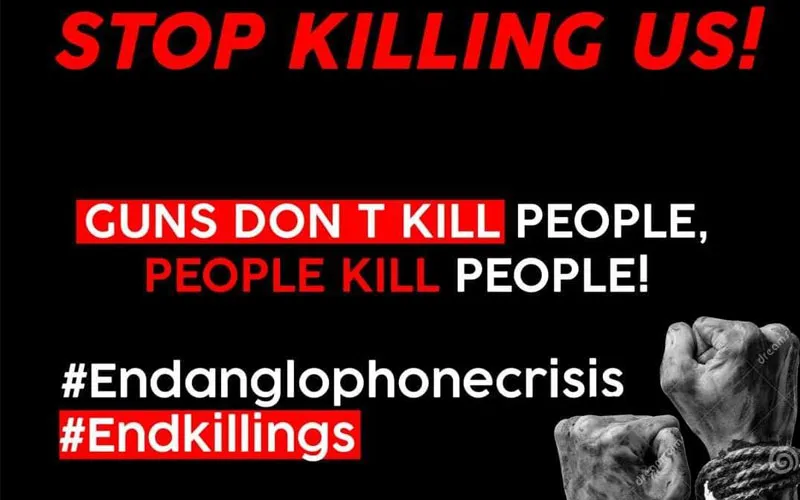Mamfe, 07 September, 2021 / 8:20 pm (ACI Africa).
The leadership of the peace and charity foundation, Denis Hurley Peace Institute (DHPI), has expressed concern over the increased kidnapping of the Catholic Clergy in Cameroon, saying that the situation is terribly impacting the Church, which is working hard to restore peace in the Central African country.
In a Tuesday, September 7 report shared with ACI Africa, officials of DHPI highlight various incidences of kidnapping and torture of Catholic Priests and Bishops in the country, including the recent abduction of Fr. Agbortoko Agbor, the Vicar General of Mamfe Diocese.
“The kidnapping of this Priest is a sign of the enormous insecurity that lives in this African country and that affects the Catholic Church as well,” officials of the peace entity of the Southern African Catholic Bishops’ Conference (SACBC) says in the report.
They recall, in reference to other cases of kidnapping in the embattled Southwest and Northwestern regions of Cameroon, that Fr. Christopher Eboka, the Director of communications for Mamfe Diocese, was also kidnapped on May 22 and released ten days later.
“The same happened in November 2018 with four Claretian Religious and Bishop Michael Miabesue Bibi, who was the Auxiliary Bishop of Bamenda, and is currently at the head of the Diocese of Buea. The following year, Archbishop Emeritus of Bamenda, Archbishop Cornelius Esua and Archbishop George Nkuo, Bishop of Kumbo, were also kidnapped,” DHPI leadership laments in the report shared with ACI Africa.








